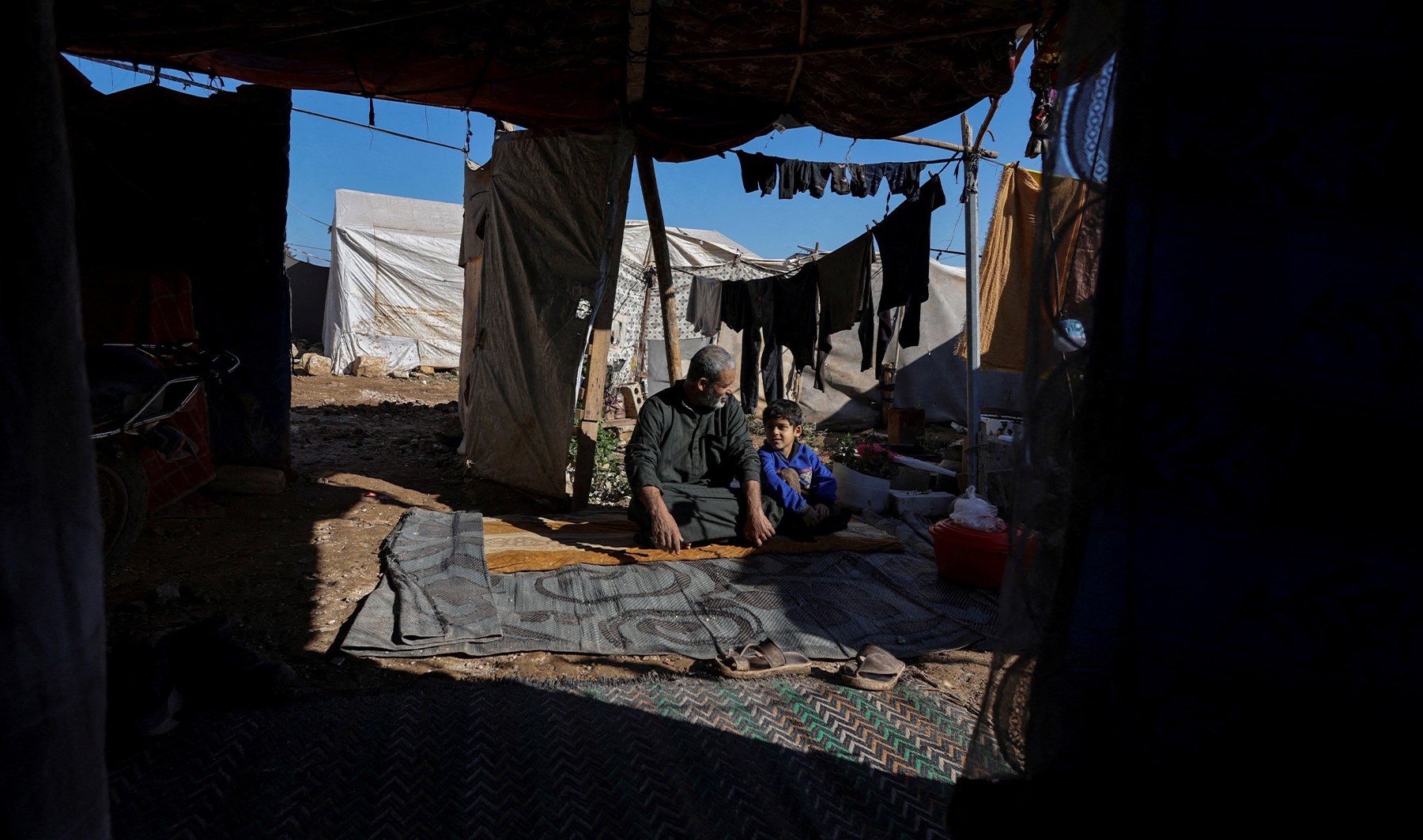US police rule out anti-Semitism in murder of synagogue head
Samantha Woll was found dead with multiple stab wounds, but police say the attack was unconnected to her synagogue work.
Detroit police have ruled out anti-Semitism as a motive for the violent murder of a local synagogue president over the weekend.
Samantha Woll, 40, was found lying on the ground outside her home on Saturday morning after being stabbed multiple times.
At the time of her death, Woll was the head of the Isaac Agree Downtown Detroit Synagogue and was well-known for her involvement in local and state politics.
Detroit police chief James White on Sunday quashed rumours and said in a statement that “no evidence has surfaced suggesting this crime was motivated by antisemitism”.
Police are continuing their investigation with the assistance of the FBI, he said.
In an obituary published on the website of the Hebrew Memorial Chapel, where Woll’s funeral was held on Sunday, the 40-year-old, was remembered as a patron of theatre, opera and music and a keen hiker.
Her death sparked an outpouring of grief in Jewish and Democratic circles.
US Representative Elissa Slotkin, on whose election campaign Woll worked, said in a statement that Woll had “dedicated her short life to building understanding across faiths, bringing light in the face of darkness.”
Michigan Attorney General Dana Nessel remembered Woll as being driven by “her sincere love of her community, state and country.”
“Sam was as kind a person as I’ve ever known,” Nessel wrote on X, formerly called Twitter.
While Detroit is one of the United States’ most violent cities, an uptick in anti-Semitism in the US following the Israel-Hamas war led to some speculation the crime might be racially or religiously motivated.
Woll’s killing took place a week after the murder of a six-year-old Palestinian-American boy in Chicago in what authorities say was a hate crime motivated by the current fighting in the Middle East.
On Thursday, US Attorney General Merrick Garland addressed growing tension in some religious communities and directed local authorities to “reaffirm our commitment to them and to assess what additional support they may need”.




